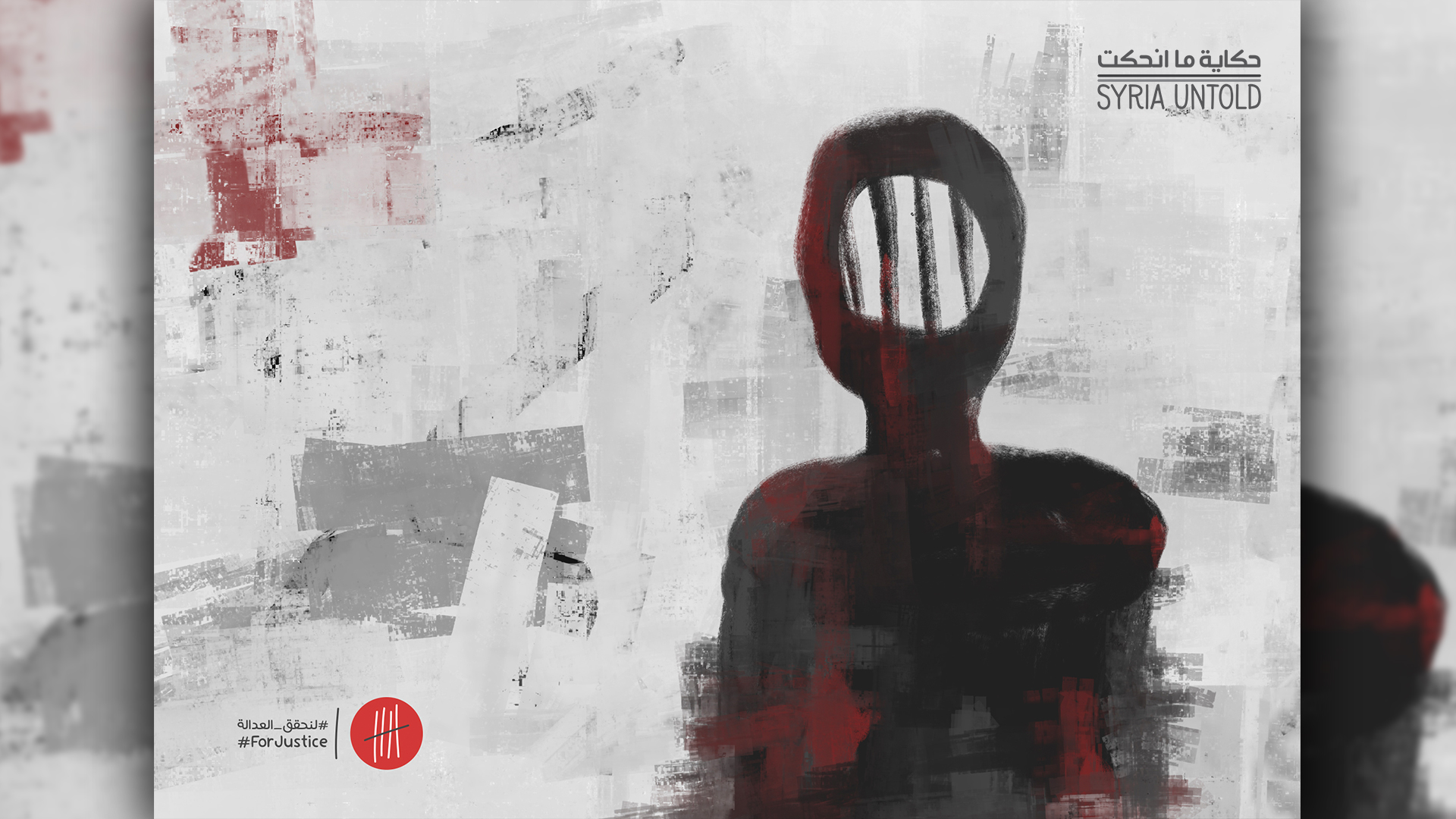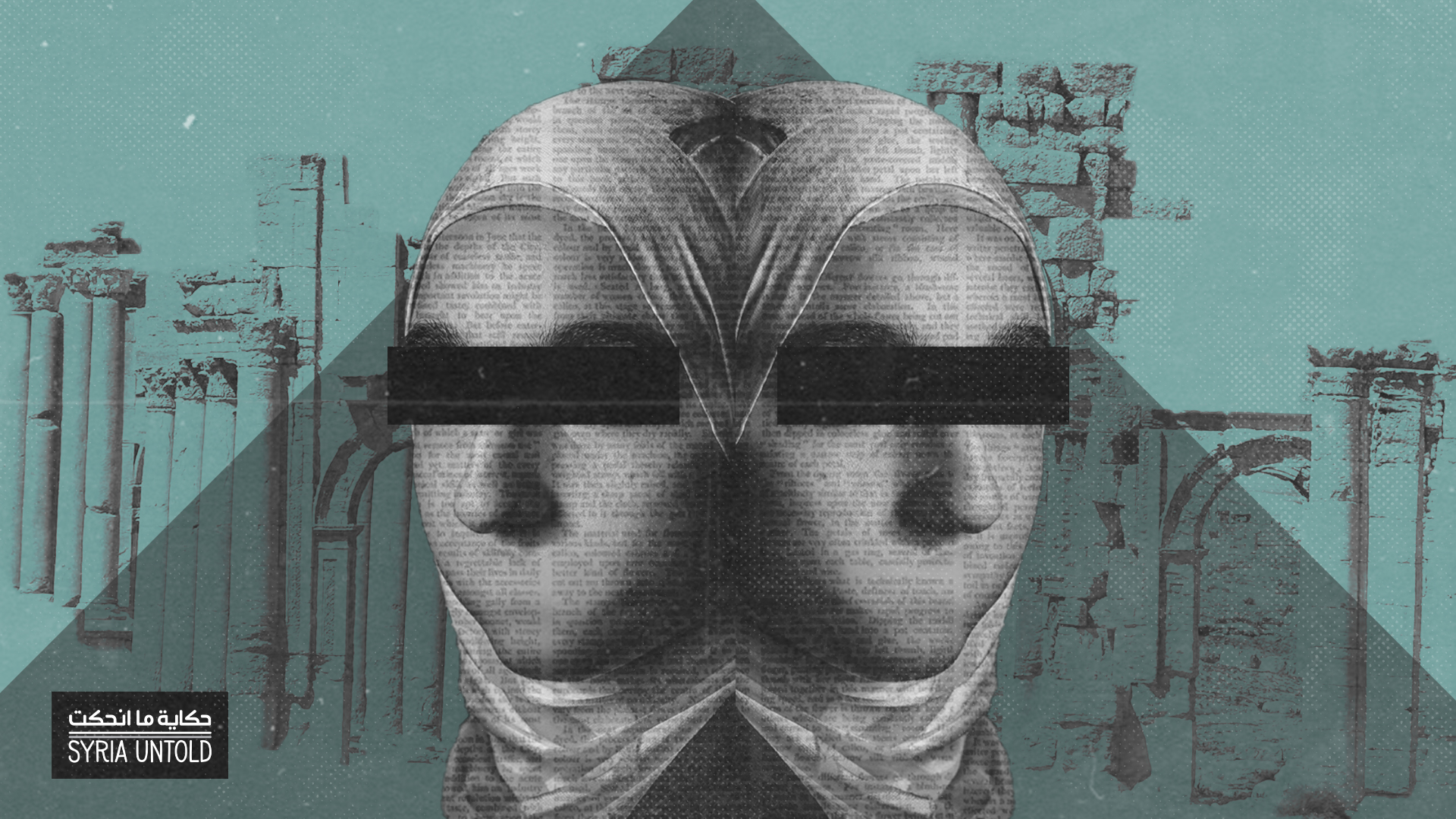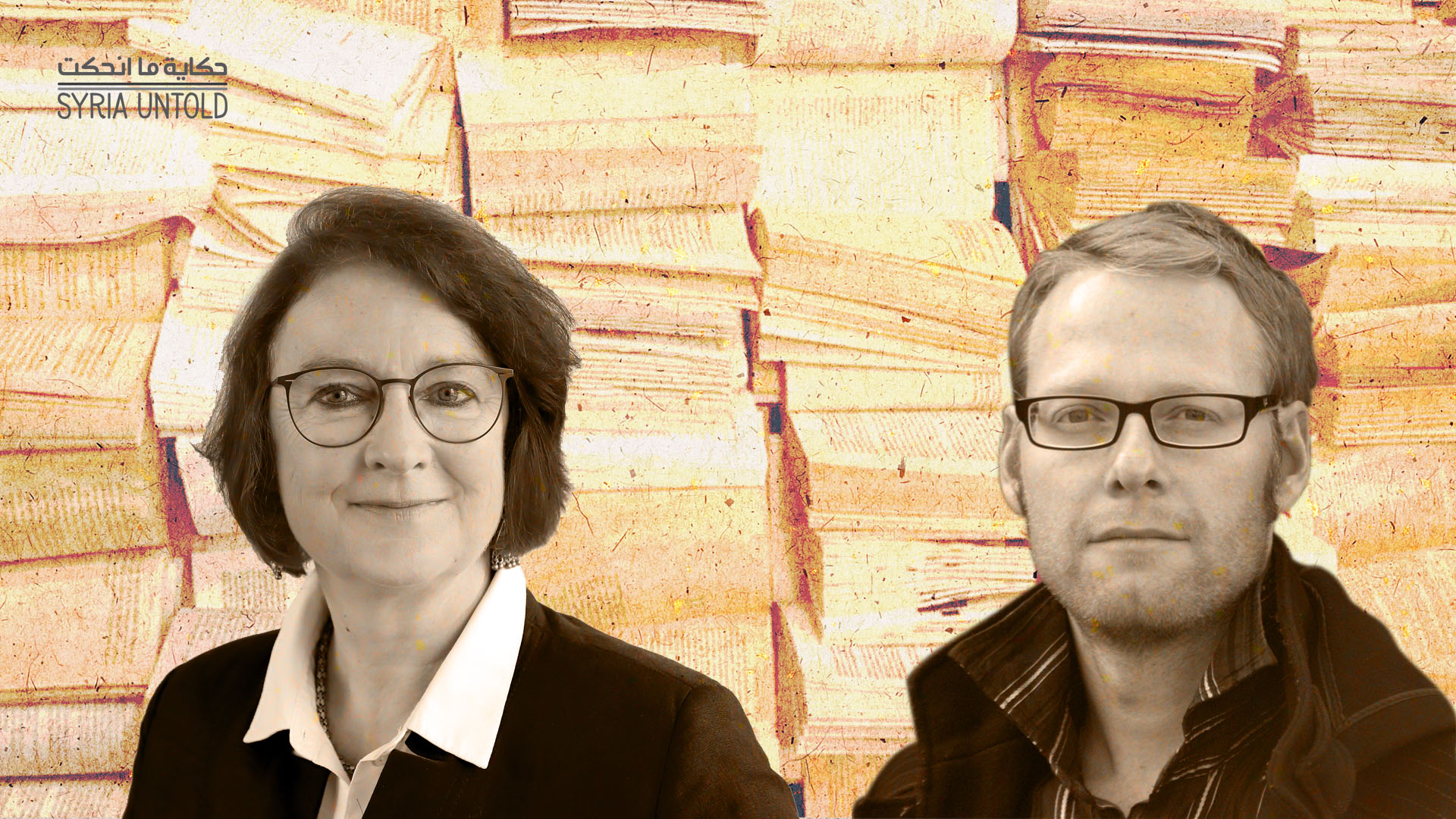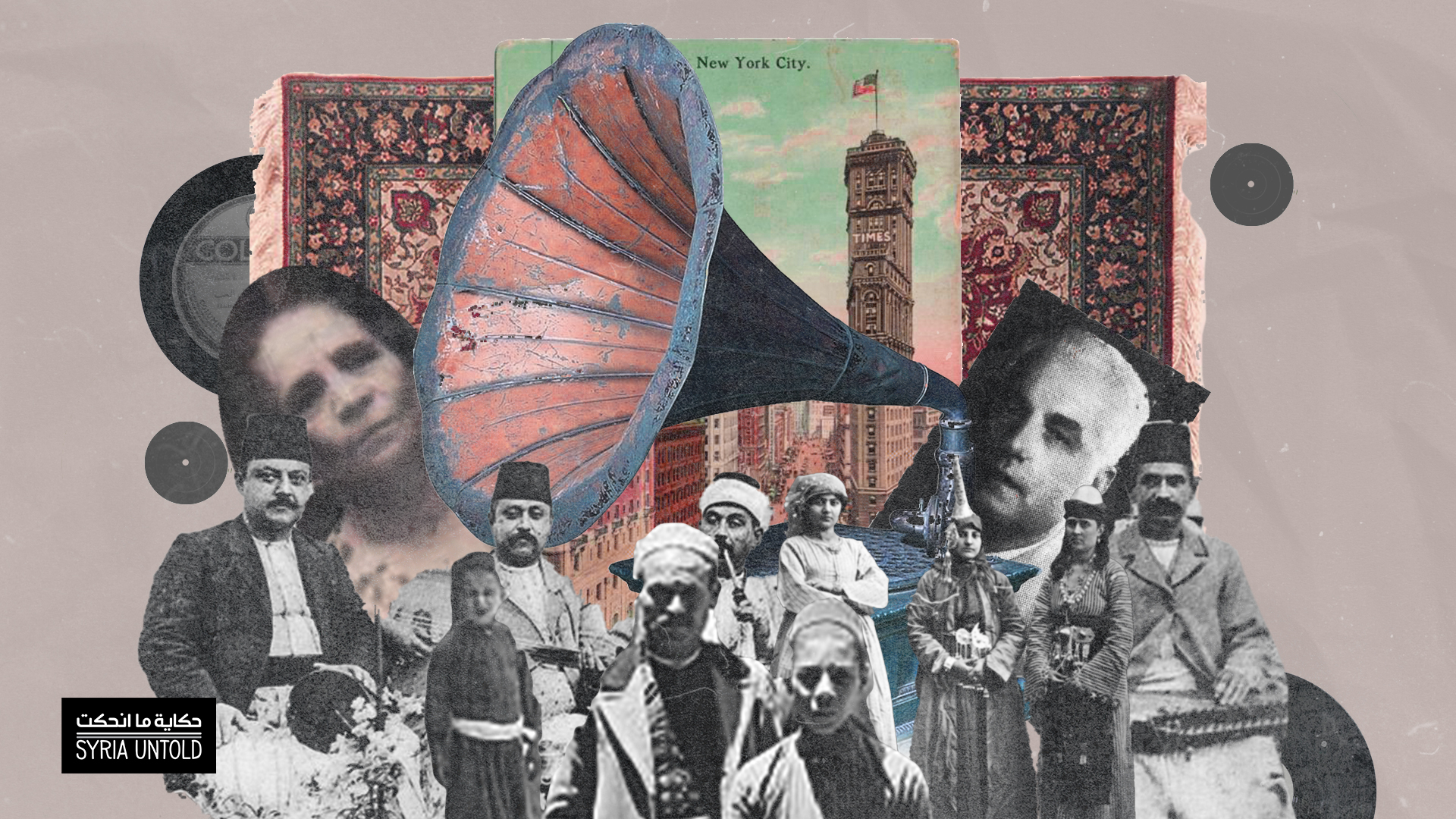About one month ago, SyriaUntold was contacted by Ecologìas del Futuro (Future Ecologies), a "nomadic" science fiction filmmaking project based between Mexico, Tunisia and Germany. It aims to critically reflect on a future 300 years from now, in order to develop new visions and strategies for the present.
We liked the idea immediately and decided to participate, to highlight critical reflections from the Middle East and North Africa (MENA).
Science fiction is vital, as is reflecting on our future more broadly. A genre with particularly flexible boundaries, sci-fi has strong potential for inspiring change. It enables us to question our present circumstances, highlight contradictions and radically reimagine new ways of daily life and organizing society. All these processes of reimagining the world can set a course for innovative politics and help find creative solutions to current problems and dead ends.
Imagining the future can reveal the extent of the ideological assumptions and super-structures in which we immerse ourselves today. But the difficulty of imagining a different future can be a symptom of a political immobility, one that holds back our minds before it even becomes an obstacle for concrete changes. How can we change the present if we can't picture what we’d like for future generations?
In his short book Capitalist Realism, Marxist writer and theorist Mark Fisher describes how difficult it is for much of the world to imagine life without capitalism. He examines sci-fi films describing near futures that, even if on some superficial or aesthetic levels, are radically different and yet still pervaded by capitalist logic.
But we know that sci-fi can overcome these boundaries too. In The Dispossessed, novelist Ursula Le Guin manages to describe, with incredible detail and complexity, an entire planet’s experiment with anarchist utopia.
In the MENA region, sci-fi has yet another advantage: it can be used to speak about the present in a more indirect, or less obvious way, and thus avoid censorship or punishment under authoritarian regimes.
Ecologìas del Futuro and other similar projects have an important merit: they try to decentralize discourses about the future, which are predominantly manufactured in the West. Sci-fi is usually associated with the countries that are technologically more advanced and wealthier, as if possessing technology and capital not only bestows all the power it already does into shaping the future (for better or worse) but also grants the right to imagine what that future should or could be for all humankind.
How it is possible to think about the future, and not only in dystopian terms, when one already lives under repressive authoritarian regimes, in a war or under occupation?
We think that reclaiming the right to think about the future from the "peripheries" of the world is of utmost importance. It is simply another form of decolonizing structures of knowledge production and bringing change.
Long night to resurrection
05 February 2021
‘Palmyra syndrome’: What are Syrians allowed to speak about amid war and revolution?
02 April 2021
When it comes to the MENA region, leaving Europe and the US alone to reflect on the world’s future is particularly problematic, as both have proven incredibly unimaginative. Their incapacity to think outside the box ultimately and inevitably affects how they interpret and react upon current political processes.
The past years have seen a new wave of interest in Arabic-language sci-fi. A number of novels, short stories, films and artworks focus on or are set in the future. A new generation appears ready to consume such cultural products. It is perhaps a beginning, albeit still only a marginal one compared to sci-fi production in other parts of the world. Moreover, many of these products adopt a dystopian approach, following what appears to be a global trend.
One question we could ask: how it is possible to think about the future, and not only in dystopian terms, when one already lives under repressive authoritarian regimes, in a war or under occupation?
Joining Ecologìas del Futuro, we intend to start a debate on these and other, related issues. We asked writers, artists, journalists and filmmakers from different countries in the MENA region to record short messages or reflections. Included in this file are the two Egyptian novelists Ahmad El Fakharany and Nael Eltoukhy, Egyptian writer Haytham el-Wardani, the Syrian Kurdish journalist and writer Joan Tatar, the Iraqi poet Khadija Al-Saadi, the Palestinian poet Alaa Hlehel, the Syrian journalist Ammar Almamoun and Syrian academic Bisher Najjar, as well as journalist Rasha Elass.
We left them free to choose the style and the form of their contributions. We asked them to briefly reflect on a future 300 years from now in their countries and the world more broadly; their personal relationships with the future; debates on the future in the MENA region and why they still appear so marginal; the apparent dominance of dystopian visions; or commentary on specific sci-fi works.
We will publish the text of their contributions, along with their accompanying audio recordings, over the course of this week.
We hope this project is just the beginning of a lasting discussion.








